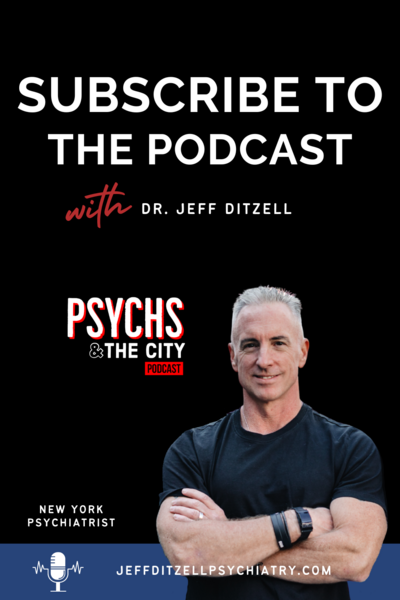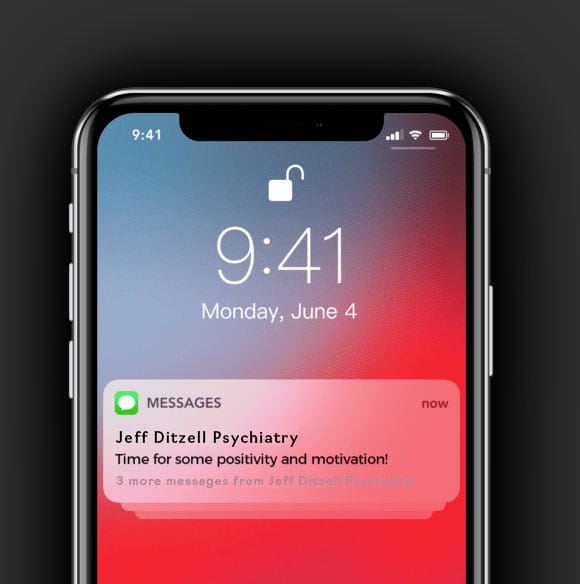
Anxiety can be a miserable experience but it’s not as uncommon as you might think. According to recent statistics, nearly 20 percent of the American population is affected by an anxiety disorder every year.
However isolating it can feel, you’re never alone. There are many different types of anxiety disorder and understanding which type you are suffering from can help you and your doctor put together a treatment plan.
In this article, we’re going to take a look at the most common types of anxiety, their symptoms, and what treatment usually involves. Are you ready to get started? Then read on and find out more!
A lot of the time, when people talk about ‘œanxiety,’ they’re referring to a generalized anxiety disorder or GAD. GAD is a long-term condition that is characterized by incessant worrying.
Sufferers often feel that there is always something to worry about and if one worry is solved, another will appear. People with GAD will feel anxious most of the time.
Symptoms can be very diverse including rushing thoughts, breathlessness, heart palpitations, and, of course, feeling worried. Evolutionarily speaking, GAD, like other anxiety disorders, is quite useful. It’s there to help us spot dangers but it’s overactive and ends up hindering our day-to-day life.
While GAD is a long-term condition, that doesn’t mean it can’t be treated. Cognitive-behavioral therapy (CBT) and some medications like sertraline or citalopram, can be very helpful in relieving symptoms.
After therapy, many people report that they feel much more in control of their life and worries.
Other common methods that people use to help manage their GAD include breathing techniques, meditation, exercise, and making sure they get enough sleep.
Panic disorder is a type of anxiety disorder that is characterized by panic attacks. Panic attacks are sudden attacks of intense anxiety, often accompanied by physical sensations such as lightheadedness, a pounding heart, trembling, blurred vision, and more.
Due to their intensity and strong physical symptoms, it’s common for people to worry that they are dying when they experience a panic attack. However, it is important to note that panic attacks are not dangerous: they will not do you any physical harm, however intense it feels.
When you begin to panic, your body releases adrenaline as part of the fight-or-flight response. Your body is preparing to help you escape danger. The problem is, there isn’t a danger!
If you feel panicked, try to remember that this will pass and it isn’t dangerous. You aren’t having a heart attack or a stroke and you can’t pass out due to increased blood pressure. You will be okay.
Doctors usually treat panic disorder with a combination of medicine, CBT, and potentially exposure therapy.
Do you get anxious in social situations but not in other situations? Social anxiety may be the cause. This anxiety disorder is very common.
The most common symptom of social anxiety disorder is a strong fear of social interactions. This can cause problems when trying to make new friends or doing public speaking, for example. It is also known as social phobia.
While it may not sound serious, social anxiety can have serious knock-on effects. You may end up avoiding social occasions or even doing everyday activities, out of the fear of embarrassment.
Lots of people suffer from social anxiety disorder and it is one of the most common mental health conditions. Like with the other types of anxiety treatment that we’ve mentioned so far, the most common treatment is CBT and medication. If you have a milder case, your doctor may offer you guided self-help instead.
We often associate post-traumatic stress disorder (PTSD) with veterans but anyone can suffer from it. PTSD is a type of anxiety disorder that results from exposure to trauma. This can be any kind of trauma, for instance:
PTSD can often include flashbacks, where you relive the traumatic event in your mind. The event can also appear in your dreams and an episode can be triggered by an innocuous event. For instance, if you were in a car accident, seeing two cars collide in the street could trigger a PTSD response.
Other symptoms of PTSD include avoiding places or situations that remind you of your trauma, constant vigilance, anger issues, negative thoughts, and feeling guilty. There are many more symptoms of PTSD than these but they are some of the most common.
If you are suffering from PTSD, know that you can overcome your trauma. A medical professional can help you work through your trauma in a constructive way. Medications may also be able to help you.
When you think of obsessive-compulsive disorder, you may think of people that feel as though they have to constantly wash their hands. You may think of people who need to check that a door is locked, over and over again. While these are common in cases of OCD, they are far from the only type of OCD.
Many OCD sufferers feel as though they are stuck in a loop that is out of their control. They could be obsessed with germs and feel the need to wash their hands. If they do, they may feel better for a while, but the thought will recur.
Other OCD sufferers may experience purely obsessional OCD, characterized by intense intrusive thoughts that are often very scary.
Whatever kind of OCD you are suffering from, help is out there. Talking therapies can help you break the cycle and get your confidence back.
There are lots of different types of anxiety: some people may not fit into any of the ones that we’ve outlined. You may feel as though you are a mix of multiple categories.
However your anxiety manifests itself, help is available. We would recommend visiting apsychiatrist and speaking to them about your anxiety. You can manage it and it can get better.

Dr. Jeff Ditzell, D.O. is the lead psychiatrist at Dr. Ditzell Psychiatry with over 25 years experience treating people for Anxiety, Depression, OCD, PTSD, Adult ADHD, Bipolar Disorder, using ketamine treatments, psychotherapy, and so much more.
 Hello,
I'm Dr. D!
Hello,
I'm Dr. D!
At my psychiatry practice in New York Cty, we're focused on giving you a 360 approach to mental health. It's time we end the stigma on mental health.

Each week we'll explore all things Mental Health, Mindset, Fitness, and Psychiatry!
tell me moreYou know what they say “self-care” is the best care. Why not kick off your morning the right way by signing up to receive our positive text messages reminding you to be mindful and encouraging you to conquer the day!
